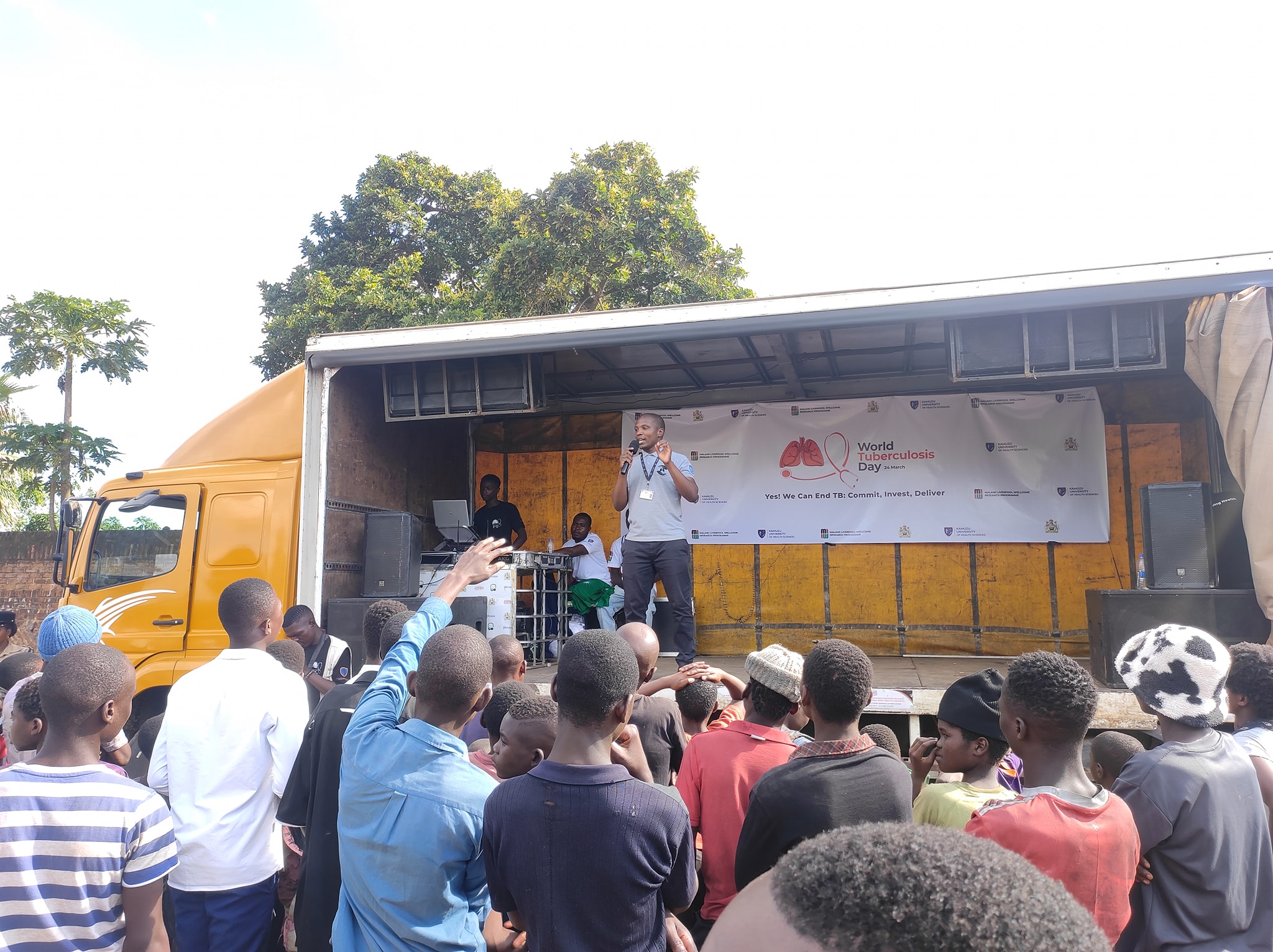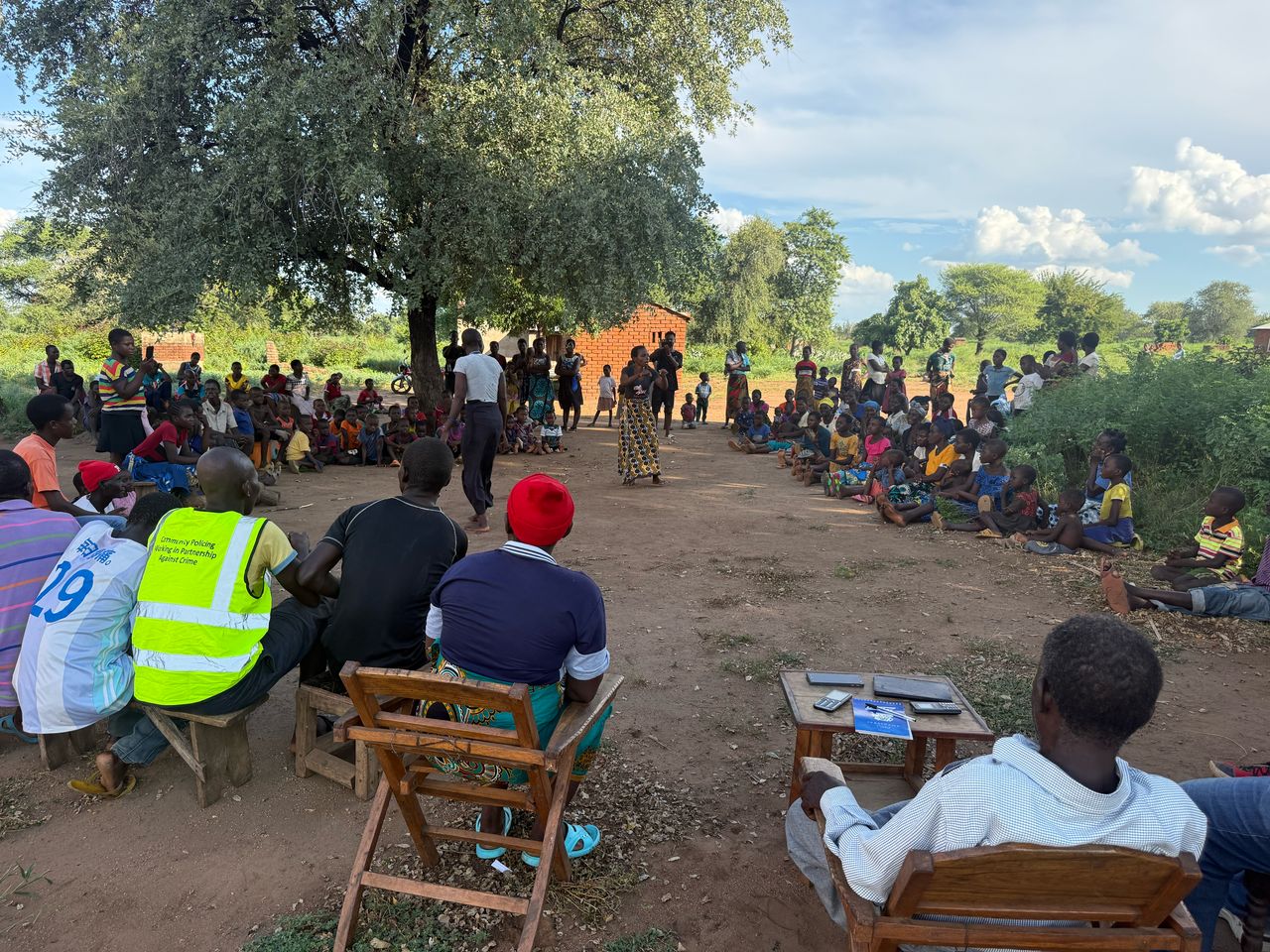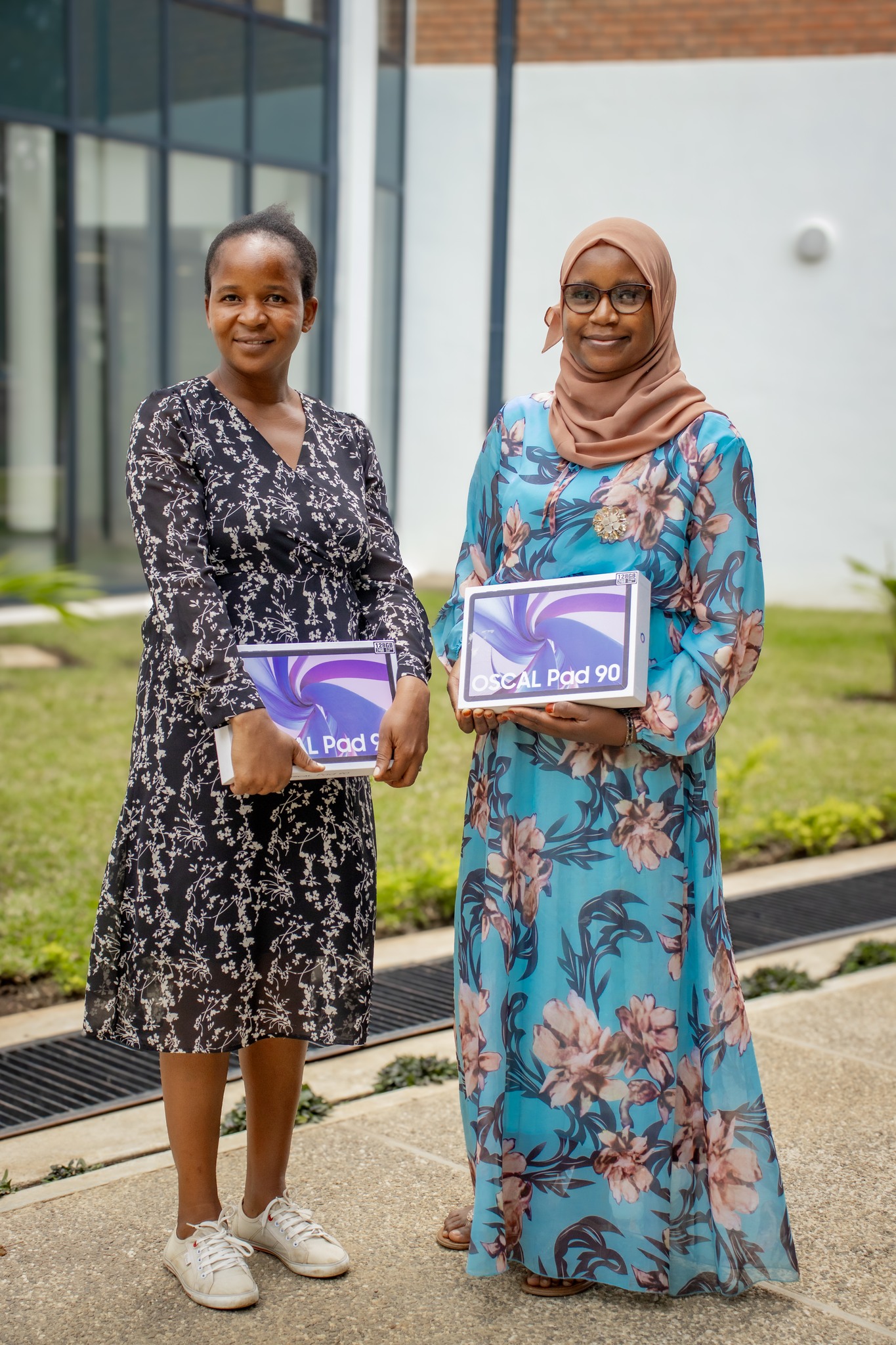The RTS, S vaccine, was approved on 8 October 2021. World Health Organization launched the pilot programme of the vaccine in April 2019 to combat the mobility rate of malaria in children.
So far, three African countries – Ghana, Kenya, and Malawi – have benefited from this vaccine with more than 650,000 vaccinations administered. These African countries were prioritised because they have most cases of malaria infections and deaths due to malaria are rampant, with more than 250,000 children from these countries dying from malaria every year.
Commenting on the vaccination approval, Clinical Manager at MLW Vella Kaudzu said Malawi is expected to benefit tremendously from the malaria vaccine.
“This is good news; we have been looking forward to this day. We have witnessed various scientists’ interventions in trying to eradicate malaria. With ways such as mosquito nets and mosquito breeding seasons of dealing with malaria, there was still a gap. Malaria cases never ceased to accelerate especially in under 5 children and in pregnant women. This vaccine will help reduce the mortality rate in children,” she said.
This RTS, S vaccine is available for children under the age of 2 as it is the most vulnerable population which is largely affected. The vaccine is said to be effective in reducing cases of Malaria in children. In clinical trials, the vaccine was found to prevent approximately 4 in 10 malaria cases, including 3 in 10 cases of life-threatening severe malaria. Among other benefits, the vaccine has a favorable safety profile and has no negative impact on other childhood vaccinations.
The lead of the Malaria Epidemiology Research Group at MLW Anja Terlouw said this is a historical step after 30 years of dedication and attempts from scientists around the world in trying to come up with a malaria vaccine.
“This approval means a lot for MLW as an institution because MLW has participated and contributed to the success story of the RTS, S vaccine through studies like EPIMAL. MLW has conducted two malaria studies for the vaccine manufacturing company GlaxoSmithKline (GSK) to evaluate the safety of this vaccine. This shows how involved MLW was in the recommendation process. MLW has proved, yet again, that it can be involved in large-scale international research.
“For the Malaria Epidemiology Research Group, this achievement is for a larger group of people including field workers and participants and not only the key researchers. Credits go to so many people for being part of this milestone,” said Terlouw.
This malaria vaccine programme is a product of a collaboration between WHO, Ministries of Health in Malawi, Kenya, and Ghana, and other international partners.
Even though there are still questions on how this vaccine can be combined with other new tools and other vaccines to come, the success of RTS, S vaccine will help Malawi in achieving its goals through a national wide campaign known as ‘Zero Malaria Starts With’ which was launched in June 2021 to eradicate Malaria by 2030.



